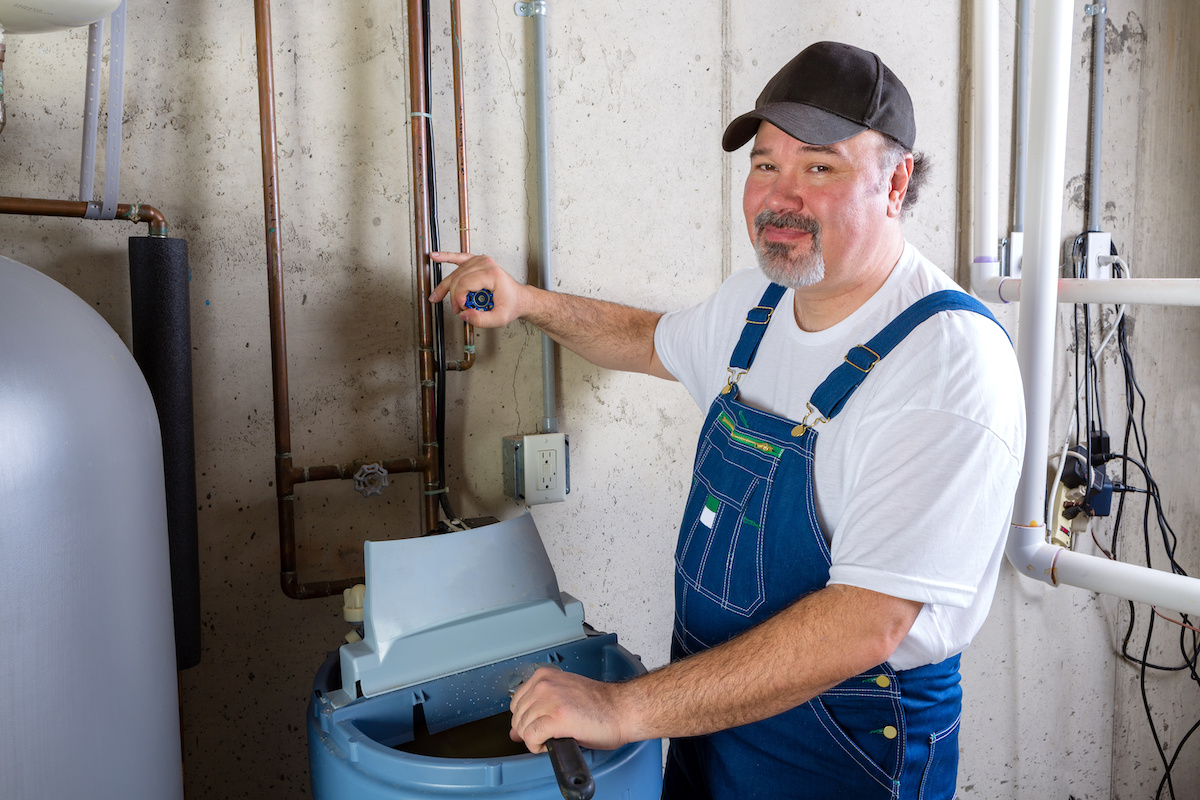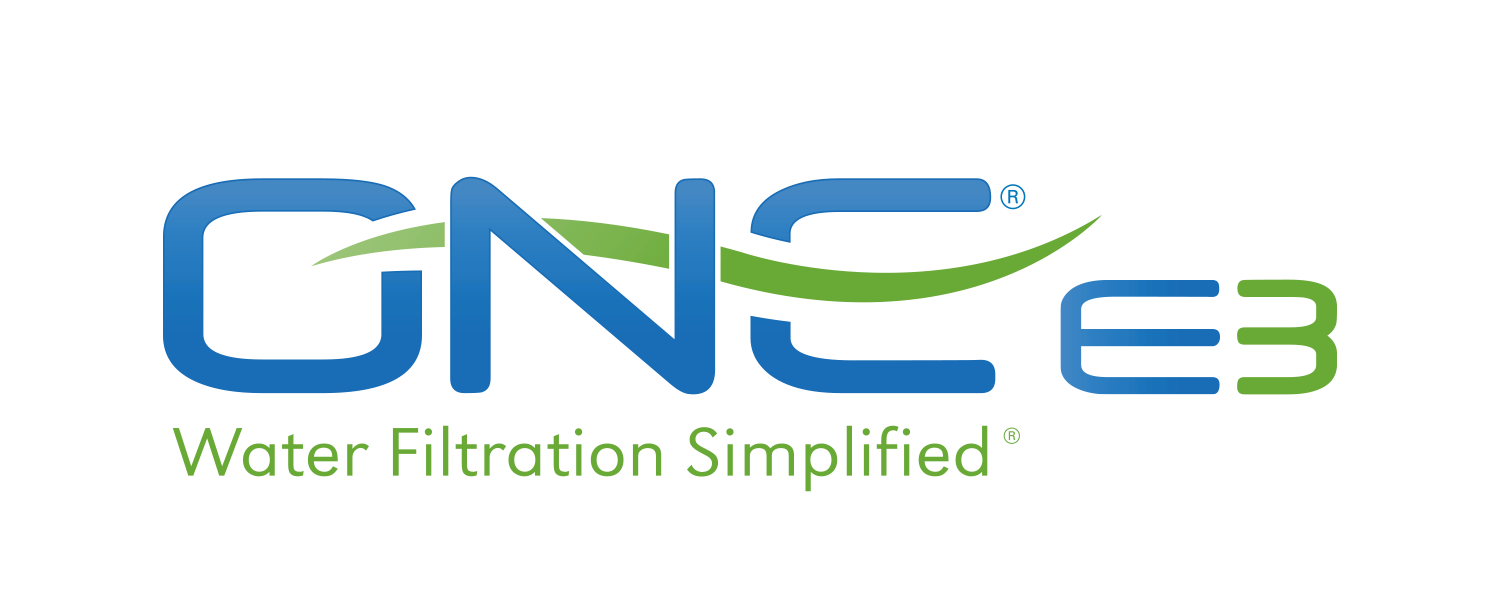It means the water contains an amount of dissolved chemicals like calcium and magnesium (as opposed to “soft water” which does not have these chemicals present). This “hardness” occurs naturally as water comes into contact with limestone and other rocks.
While many Americans live with hard water and it’s not a health hazard, it can cause issues such as:
- Washed clothes looking dingy or yellowed
- Soap scum, rings and film on bathtubs, sinks and shower doors
- Washed dishes coming out spotty or filmy
- Decreased effectiveness of soaps
- Pipes can become clogged with mineral buildup
- Appliances like water heaters can begin to operate less efficiently with chemical buildup
- Dry skin or skin irritation
If any of these issues become problems for your household, there are solutions available. Some water filtration systems will remove some calcium and magnesium from your water. But the most common solution to hard water problems is installing a water softener.
What Is a Water Softener?
It’s an appliance that connects to your home’s plumbing and decreases “hardness” in water through the process of ion exchange. It replaces minerals in your water with sodium. You can learn more about how water softeners work by checking out this article.
To find out the level of water hardness in your home, you can either contact your municipality (if you have city water) or get a water test kit (which you can buy in many home improvement stores).
If you think you may have hard water, check out the 7 Signs You Need A Water Softener.



